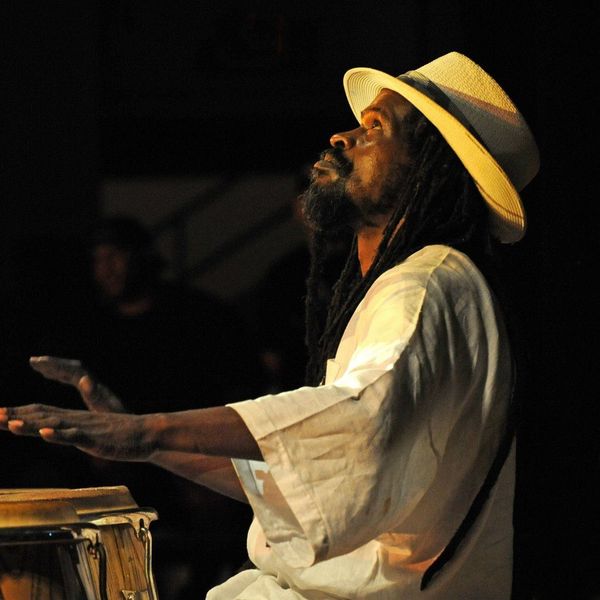We call ourselves America: Land of the Free. But what we don’t realize is that in the United States, and around the world, freedom is not a guaranteed right. Slavery still exists, and it is happening right in front of us. Around the world there are 12.3 million modern-day slaves. Even scarier, less than 1 percent of these victims of human trafficking are identified.
Bradley Myles, one of the many speakers at Wake Forest’s TEDx conference on February 20th, has dedicated his life to spreading awareness about the prevalence of human trafficking and modern-day slavery, not only in the United States, but in countries all over the world. Myles is the Executive Director and Chief Executive Officer of the Polaris Project. Polaris works to provide trafficking survivors with the resources and help they need to escape their situation and create a new life through hotlines, counseling, legal support, and anything else they may need.
In his talk, Myles highlighted that a major pattern they found in survivors was that they had no idea that people and organizations that were willing to help existed. The survivors had developed a sense of hopelessness and acceptance that their life wasn’t going to change. This sparked the motivation behind the Polaris Project. How could they get the word out to victims of human trafficking that there were organizations working to help them? Myles and his team concluded that despite being stuck in the human trafficking system, many survivors still have access to cellphones. Using this to their advantage, Polaris started the National Human Trafficking Resource Center Hotline and the BeFree Textline, a number that survivors can call or text to connect with support to get help and stay safe. They began advertising these numbers by posting them in magazines, plastering them on billboards, creating ads on the radio, spreading them everywhere they could. As a result of the hotlines, Polaris has received and responded to 25,000 instances of human trafficking in the United States since 2007.
Providing help for current survivors isn’t all Polaris strives to do, Myles noted. The hotlines allow Polaris to connect with people who are already trapped in modern-day slavery, some for many years. However, their goal is to take the next step to work toward preventing human trafficking altogether. To do so, Polaris tracks where each hotline call or text comes from and what type of situation the survivor is in. With this information, Polaris finds patterns in locations and situations that indicate certain hot spots for human trafficking. Once they know where and how most of the trafficking occurs, they can start taking preemptive measures in these areas. Hotels are undoubtedly a major hub for the sex trade. So, Polaris has teamed up with several popular hotel chains like Hyatt, Hilton, and Marriott, to educate and train employees on how to identify potential human trafficking situations. Furthermore, Polaris is taking advantage of the close relationships between Canada, Mexico, and the U.S. to create a regional approach to eliminating human trafficking. Human trafficking doesn’t only happen within the United States, but also within other countries and across borders. By implementing hotlines in Canada and Mexico, Polaris provides survivors in these countries access to the same level of help as in the U.S.
Myles’s passion and enthusiasm in the work Polaris does was contagious, infecting, and motivating for every audience member. Myles brought to light two critical issues. Most obvious, the fact that slavery still infects our cities, our country, and our world today. People are still bought and sold for their bodies, completely stripped of their freedom. Scarier still is the second issue: The majority of our population is ignorant to this fact. The concept of human trafficking and the tools to identify it are absent from our education. Although modern-day slavery is a prevalent and critical issue, it is rarely ever addressed in school. The only way to eradicate slavery from our country and our world is by infiltrating society with the knowledge that it exists and the necessary tools to prevent it, just as Bradley Myles and his Polaris team are working to do. As Wake Forest students, we are fortunate to have had the opportunity to learn about human trafficking directly from Myles, but now it is in our hands to educate others on this critical issue.





















